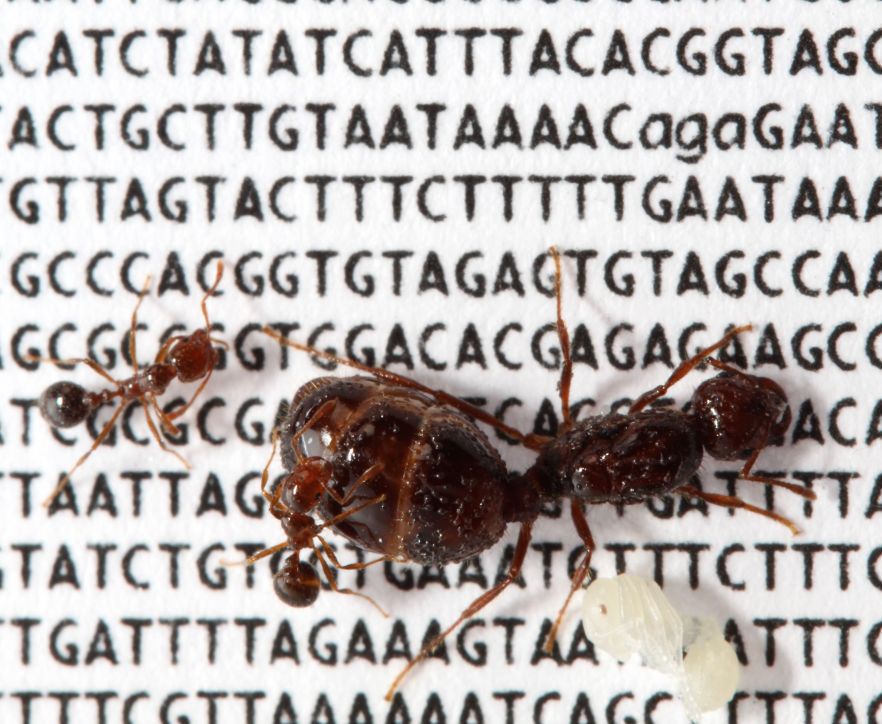Ecological and Population Genomics
Modern molecular approaches have revolutionized the identification of genes underlying ecologically important traits. We combine cutting-edge genomics with ecological and evolutionary principles to unravel interactions between organisms and their environments. Our goal is to gain fundamental insights into biodiversity generation and maintenance, organismal adaptation, and how we can conserve our natural world in the face of ongoing challenges. By studying the genetic makeup of populations and species in their ecological context, our research is pushing the frontiers of research in the following areas:
- Host-microbe interactions. Here, we are investigating genetic interactions between hosts and their associated microbiota to further our understanding of co-evolution, metabolic interdependence, and ecological niche specialisation.
- Speciation and adaptation. We are using genomic data to elucidate the role of gene flow, genetic incompatibilities, and ecological divergence in the speciation process. We are also identifying genes under selection, gene function, and the mechanisms driving rapid evolutionary changes to environmental pressures.
- Population Structure and Dynamics. We are using genomics to provide insights into population size fluctuations, colonization events, and the impact of human activities on genetic diversity.
- Conservation genomics. We use genomic data to inform conservation strategies by assessing genetic diversity, identify adaptive variation, and guide the management of endangered species

Fire ants on the DNA sequence of the "social supergene" which determines the number of queens in the colony)
(Image credit: Romain Libbrecht & Yannick Wurm)

